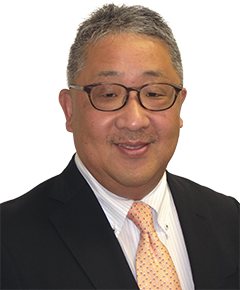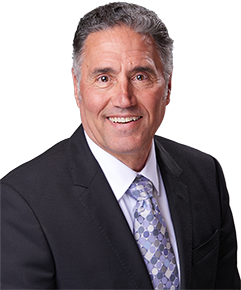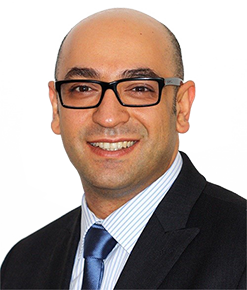


 14:30〜17:00
14:30〜17:00
The Future of Bio-functional Restorative Materials
This session will provide information on the latest restorative materials that can benefit you and your patients.

Moderator
Prof. IMAZATO, Satoshi
Osaka University
-
Current and Future Strategies for Enhancing Dental Composite Restoratives
Current dental composites have evolved based on the need for materials with a broad range of physical, optical and handling properties. Recent commercial materials have been designed with reduced polymerization shrinkage and shrinkage stress, simpler shade matching and enhanced depth of cure for bulk-filling. Next we can expect high performance self-adhesive composites, resins with enhanced resistance to degradation from intraoral hydrolysis and salivary and bacterially derived enzymes, materials that release ions and/or molecules that promote tissue remineralization through action on cells, formulations with antimicrobial or antifouling capabilities, and materials that can self-heal when injured.
Antimicrobial,“Bioactive” Materials,Secondary Caries,Remineralization
-
Smart Antibacterial Restorative Materials -The Next Stage of Bio-Functional Restoratives-
Many trials to develop antibacterial restoratives have been conducted so far, however, they mostly employ a simple design to exhibit the effects by continuous release of antimicrobials. As the next stage, we are working on development of “smart antibacterial restoratives”. These include the materials which show antibacterial effects on demand according to the dysbiosis of oral microbiome, based on a technology of the cement containing glass filler with acidity-induced zinc ion release ability (CAREDYNE® RESTORE), and new antibacterial resins with high-dense immobilized bactericide. In this presentation, the concept of next generation bio-functional restorative materials will be explained by introducing these new technologies.
Bio-Functional Materials, Smart Materials, Antibacterial Effects, Anti-Biofilm Effects, On-Demand Release
-
Bioactive Dental Restorative Materials: Current Status and Future Prospects
The term “bioactive” has become a hot topic in today's dental practice. A variety of dental restorative materials are able to promote tooth remineralization and/or inhibit tooth demineralization. There is a plethora of bioactive dental materials available in the market, which makes it necessary for restorative dentists and clinicians to be familiar with their properties and understand their clinical applications and indications. In this presentation, the concept of bioactive dental materials will be reviewed. The new materials available in the market will be introduced and their applications and indications will be discussed. The advantages and limitations of these materials will be also discussed. The latest developments in the bioactive dental materials world will also be discussed.
Dental Restorative Materials,Remineralization,Glass-ionomer Cements,Bioactivity




